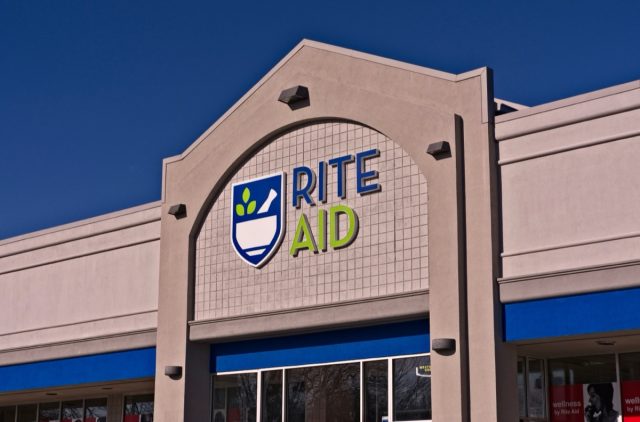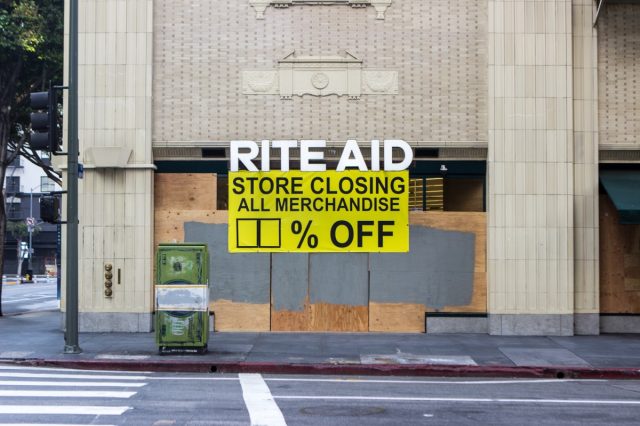Major Drugstore Files for Bankruptcy Again After Closing 800 Stores

While many assume that Chapter 11 signifies the end of a company, many use it as a tool for rebuilding. It’s often called the “rebuilding chapter,” as it offers the opportunity to reorganize debts and potentially avoid liquidation. In October 2023, Rite Aid, a Philadelphia-based pharmacy chain, filed for Chapter 11, emerging from it a little over a year later in September 2024 as a private company. However, just seven months later, the drug store is filing for bankruptcy again.

On Monday, Rite Aid announced that it is re-filing for Chapter 11. After closing roughly half of its stores over the past two years, it has 1,250 stores remaining.
“While we have continued to face financial challenges, intensified by the rapidly evolving retail and healthcare landscapes in which we operate, we are encouraged by meaningful interest from a number of potential national and regional strategic acquirors,” said Matt Schroeder, Rite Aid’s CEO, in a statement. “As we move forward, our key priorities are ensuring uninterrupted pharmacy services for our customers and preserving jobs for as many associates as possible.”
Rite Aid revealed that it has secured nearly $2 billion in financing to maintain operations during the bankruptcy process. The chain, the third-largest pharmacy chain in the country, was primarily impacted by the opioid crisis and the legal battles it faced as a result, pushing debt to almost $4 billion.
“The first bankruptcy did little to resolve the chain’s issues, and it has been teetering on the edge of survival for quite some time,” Neil Saunders, the managing director of GlobalData, a data analytics company, told CNN. He added that the store couldn’t afford the inventory to stock shelves.

On Monday, it was announced that over 175 stores in New York would be closing. In a letter from Rite Aid CEO Matt Schroeder, citing intensifying financial challenges due to “the rapidly evolving healthcare and retail landscapes,” he revealed that lenders recently notified the company that funding to cover payroll and employment-related expenses for all of its workforce had been cut.
“The dramatic downturn in the economy, potential litigation, and increased costs (including tariffs) from our suppliers and landlords have necessitated employee separations that were unforeseen, as we were actively seeking funding and pursuing several alternative strategic transactions with the hope that this action could be avoided or postponed,” it said.

Walgreens and CVS are also struggling. Over the last few months, CVS has closed over 1,000 stores and undergone layoffs, while Walgreens is currently closing 1,200 locations.